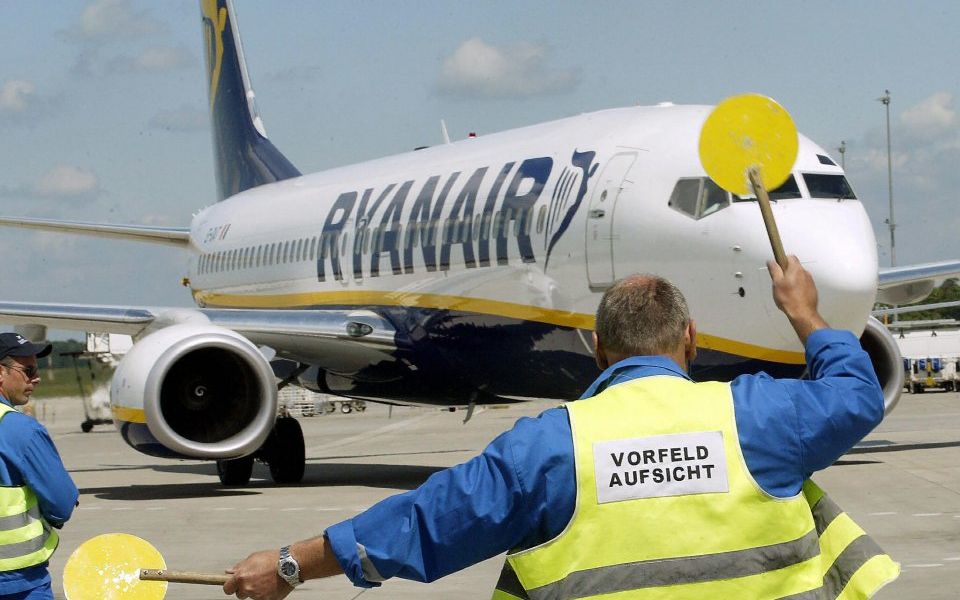Ryanair’s special status is tarnished – it’s now a question of fight or flight for O’Leary

Michael O’Leary is not short of ambition. The chief executive of Ryanair has spoken of flying 200m passengers in a year, and of profits of €2bn per annum, adding more than a third to the highest achieved in a year to date.
The target date is 2024, but questions are being asked if O’Leary will still be around to oversee it happen.
Next year will mark O’Leary’s twenty-fifth anniversary as chief executive – remarkable longevity at any publicly quoted company, let alone in an industry noted for its cycles of boom and bust.
He said that when his latest five-year contract runs out next autumn, he wants to return to the old system of putting him on rolling twelve-month deals. That would make it much easier for him to walk away in the future, or for the airline to decline to renew his contract.
The latter is almost unthinkable. For all of the criticism O’Leary has received from disgruntled customers and the media, he is loved by investors for what he has delivered in recent decades, delivering superior returns compared to competitors. He reads the market better than almost anyone else, knowing when to reduce fares to keep his planes full, or when to buy aircraft at steeply discounted prices.
It is almost as hard to imagine that O’Leary would decide to walk away, so much has Ryanair become part of his DNA. But the last year has been tough for him. The mass cancellation of flights a year ago – because there weren’t enough pilots to fly the planes – was an expensive embarrassment. But worse, it provided an opportunity for angry employees and contractors.
Knowing that Ryanair could not afford further disruption to its schedule of flights, they threatened strikes. To avoid the damage this would have caused, O’Leary capitulated to their demands: the company would negotiate with formal trade unions instead of worker representative bodies.
This has changed everything for Ryanair and O’Leary. It has weakened his control and power. It may also have reduced the enjoyment he gets from the job. Don’t underestimate the importance of that. Although his shares in Ryanair are an important part of his billionaire’s portfolio, he has plenty of wealth elsewhere he can enjoy.
The last year has been marked by difficult negotiations in each country in which Ryanair bases its aircraft.
Britain, interestingly, has been one of the locations in which he has been able to strike deals relatively quickly with unions representing pilots and cabin crews. But longstanding conflict with the pilots in Ireland meant a deal there was achieved only after a number of strikes. Last Friday, the German pilots joined with cabin crew across a number of European countries – leading to the cancellation of hundreds of flights.
More trouble is being threatened.
O’Leary, meanwhile, took himself to the European Commission last week to allege that the unions with whom he was dealing were being “infiltrated” by staff from rival airlines, who were using the opportunity to undermine Ryanair’s cost advantages. Although he has done some serious bridge-building with the EU in recent years, he got little sympathy.
It isn’t just the costs of all the deals that are having to be done – an estimated €100m extra bill each year for Ryanair – that infuriates O’Leary. It is the loss of the flexibility to open and close routes more quickly than rivals.
This is why the shares are trading down nearly a quarter on a year ago, when the airline’s troubles began. The higher price of aircraft fuel is partly responsible too, but it is the realisation that Ryanair may no longer have the special status of being something different to other airlines that has dragged the share price down.
Fulfilling Ryanair’s big ambitions has become much harder than it seemed a year ago. O’Leary has fought big fights before. The odds are that he will continue at Ryanair to do so, but the questions will remain.